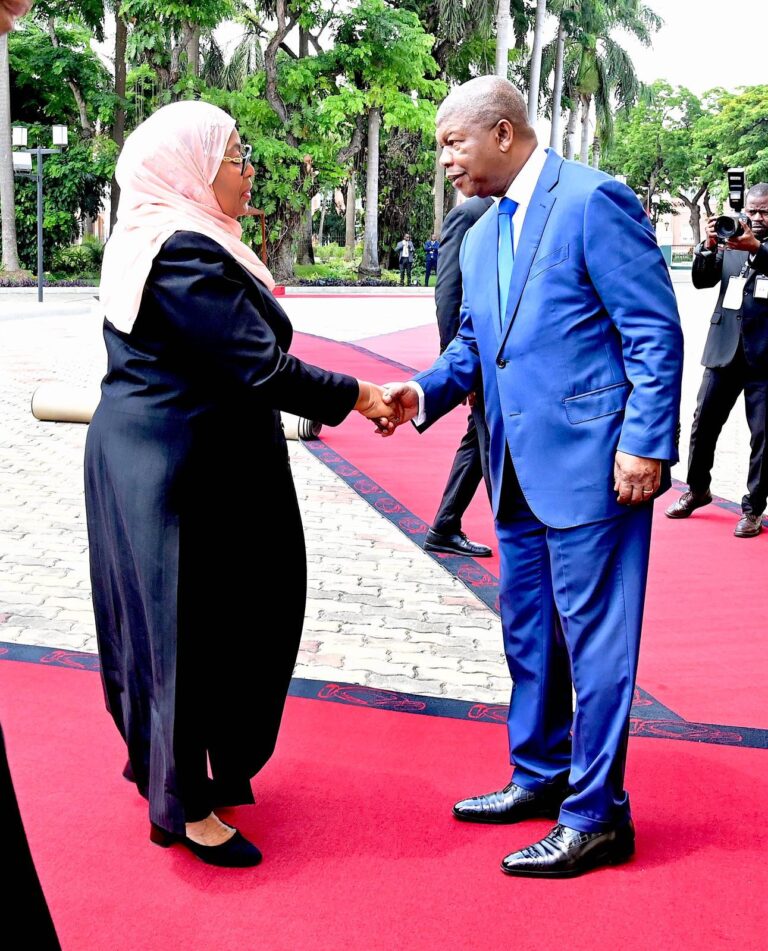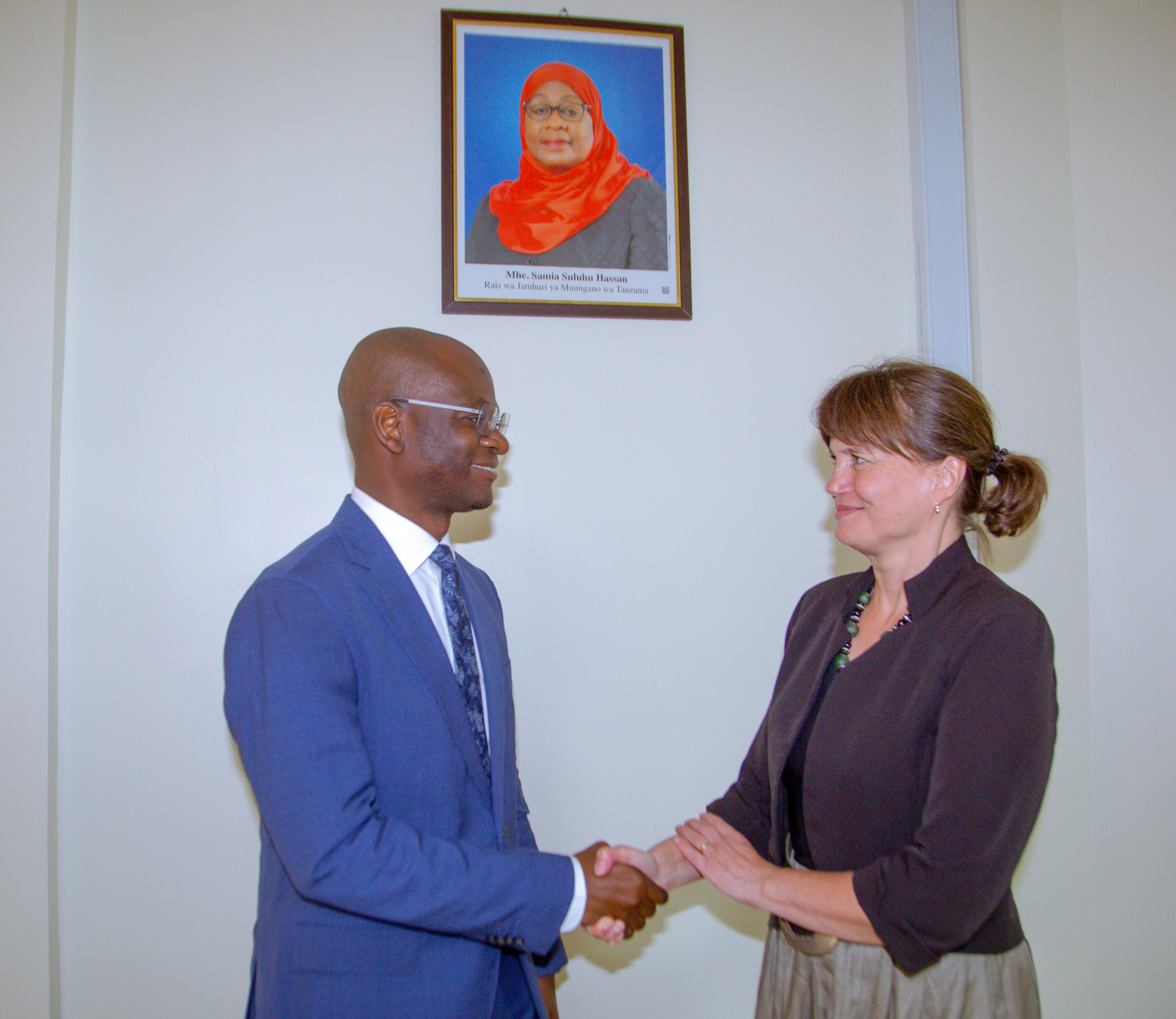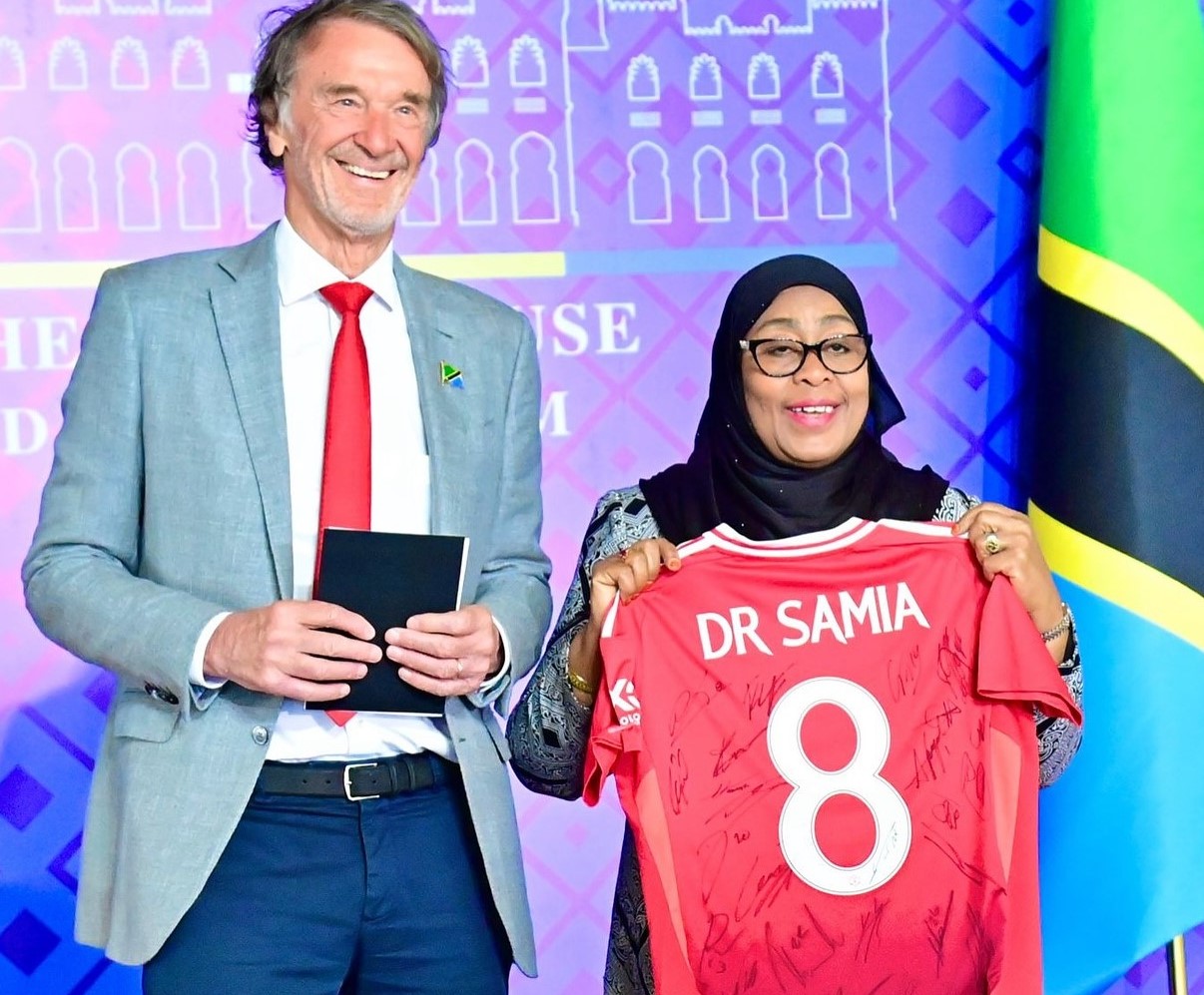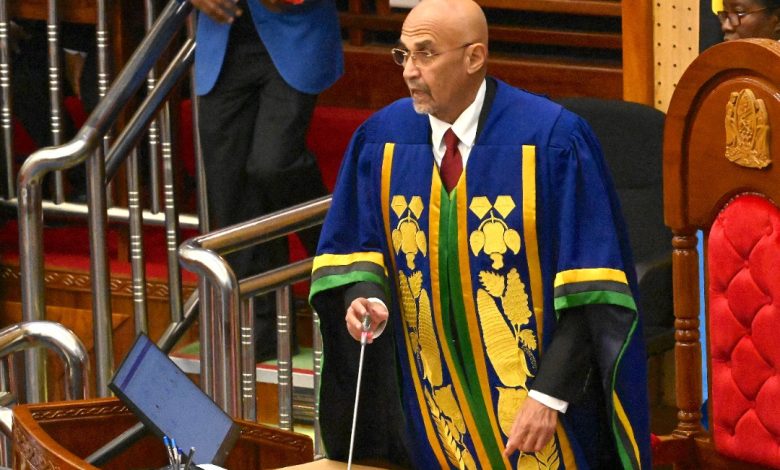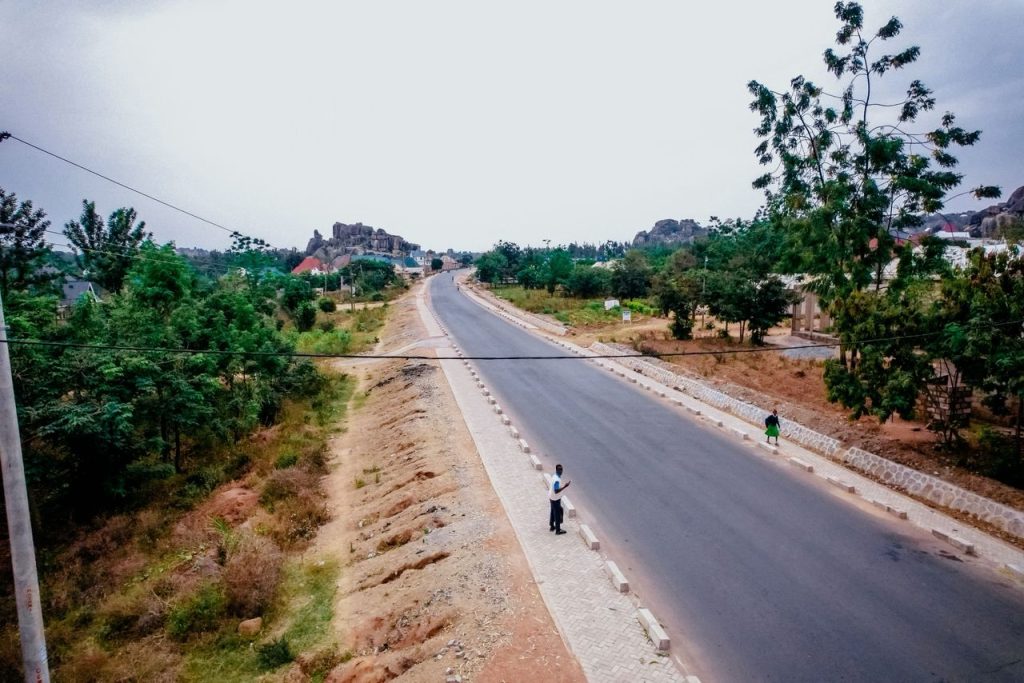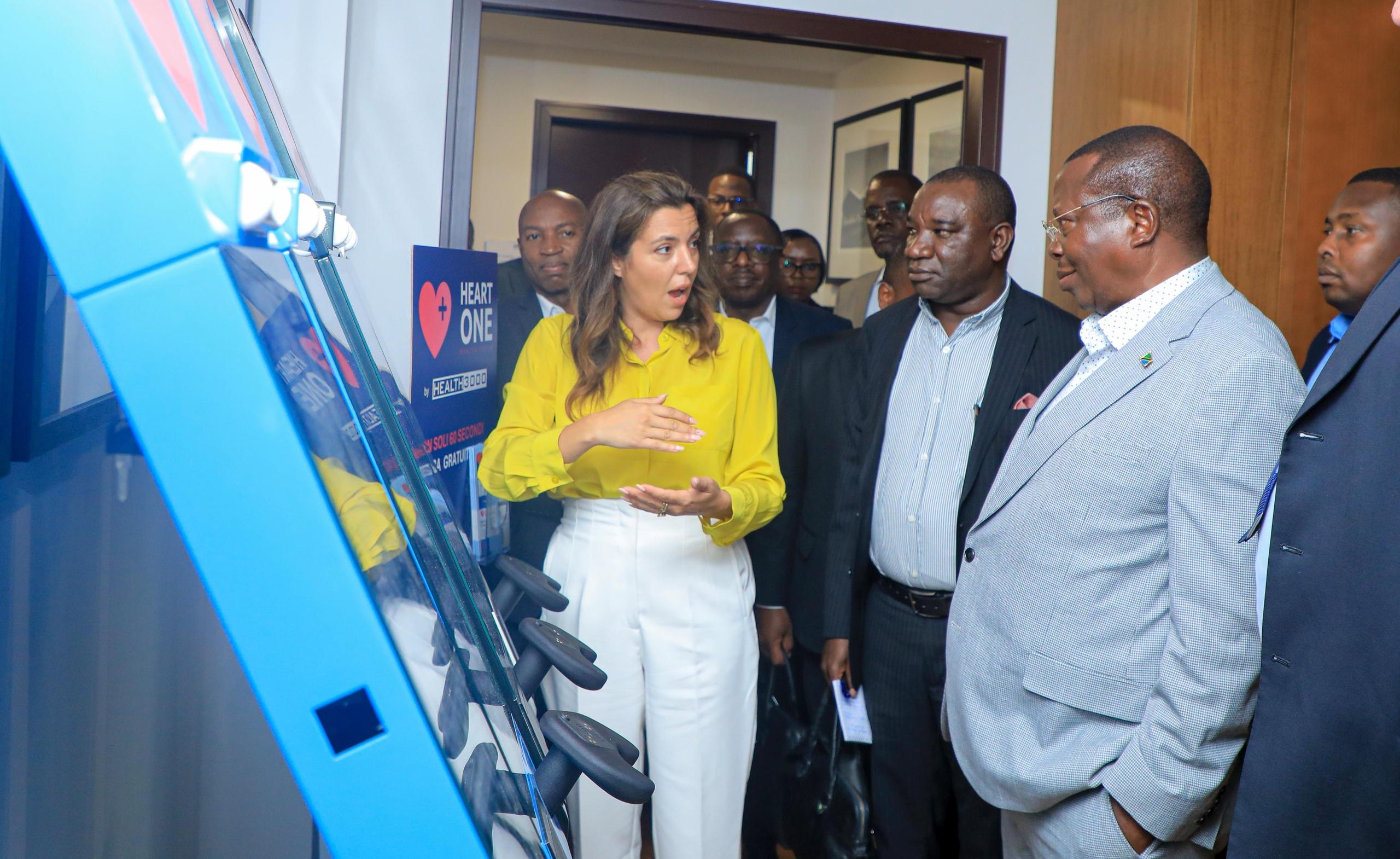Dar es Salaam. President Samia Suluhu Hassan has described her State Visit to Angola as a turning point in Tanzania-Angola relations, marking a renewed commitment to deepen historical ties and expand economic cooperation.
Concluding her three-day official visit, President Samia said the engagements went beyond diplomatic courtesy and reflected a shared resolve to chart a new course for collaboration between the two nations.
In a statement that she personally authored and released to the public on April 11, President Samia said the visit had been far more than a diplomatic occasion. It has redefined our enduring friendship and solidarity, and we are committed to elevating our bilateral relations to new heights.
“On behalf of the government and the people of the United Republic of Tanzania, I wish to express my deep appreciation for the warm welcome extended to me by His Excellency João Lourenço and the people of Angola,” President Samia said.
Reminiscing of her address to the Angolan Parliament, President Samia remembered how she invoked a metaphor to capture the depth of the relationship.
“Angola to us is like one of the many houses one can have. It does not matter how long you have not visited that house, but whenever you visit, the warmth and the nostalgia keep getting better,” she had told the Angolan Parliament.
The President extended her appreciation to Angolan President Lourenço, the government, and the people of Angola for the warm welcome and generous hospitality accorded to her and her delegation.
She underscored the historical bonds between the two countries, forged in the crucible of Africa’s liberation struggles and guided by shared aspirations for peace, unity and development.
“Tanzania and Angola are bound by a shared history, political affinities, and a profound sense of humanity,” she said.
She recalled Tanzania’s support during Angola’s fight against colonialism and highlighted Angola’s pivotal role in ending apartheid and securing regional stability—acts rooted in a shared belief in justice, Pan-Africanism, and continental unity.
Looking ahead, President Samia noted a shift in focus towards contemporary challenges, including climate change, food insecurity, youth unemployment and the burden of unsustainable debt.
She called for responses anchored in African solidarity and the principles of African unity.
During bilateral talks, President Samia and President Lourenço reaffirmed the strength of their political ties and acknowledged the need to revitalise economic relations to match that foundation.
Discussions centred on untapped opportunities in trade, energy, transport, agriculture and mineral development.
President Samia said Angola’s oil and gas sector, as well as its energy infrastructure, aligns well with Tanzania’s fast-growing economy and stable investment environment.
She noted that Tanzania’s geographical location positions it as a strategic gateway linking East, Central and Southern Africa.
The two countries agreed to strengthen collaboration in key growth areas, including renewable energy, logistics, the blue economy and regional trade, especially under the African Continental Free Trade Area (AfCFTA).
The leaders also underscored the importance of investing in human capital. Priority areas identified include education, technological innovation, skills development and entrepreneurship, particularly among the youth.
“Both our countries are witnessing increasing gender parity, rising standards in health and education, and expanding infrastructure—important steps toward inclusive development,” the President said.
She called for closer people-to-people engagement through academic exchanges, cultural partnerships, professional collaboration and tourism.
“This is how we humanise diplomacy and ensure that cooperation moves beyond boardrooms into the daily lives of our people,” she noted.
President Samia reiterated the commitment of both countries to peace and stability in the Southern African Development Community (SADC), and to promoting African-led solutions to African challenges.
Quoting Mwalimu Julius Nyerere, she said: “‘Unity will not make us rich, but it can make it difficult for Africa and the African peoples to be disregarded and humiliated.’ That is the spirit that must now guide our efforts—one of dignity, determination and mutual ambition.”
She concluded by describing the visit as a “game changer” in bilateral relations, one that should be remembered not only for celebrating a shared history, but for opening a new chapter focused on economic transformation, regional solidarity and a collective vision for the continent.
“Together, we rise. Together, we shape Africa’s tomorrow,” she affirmed.

